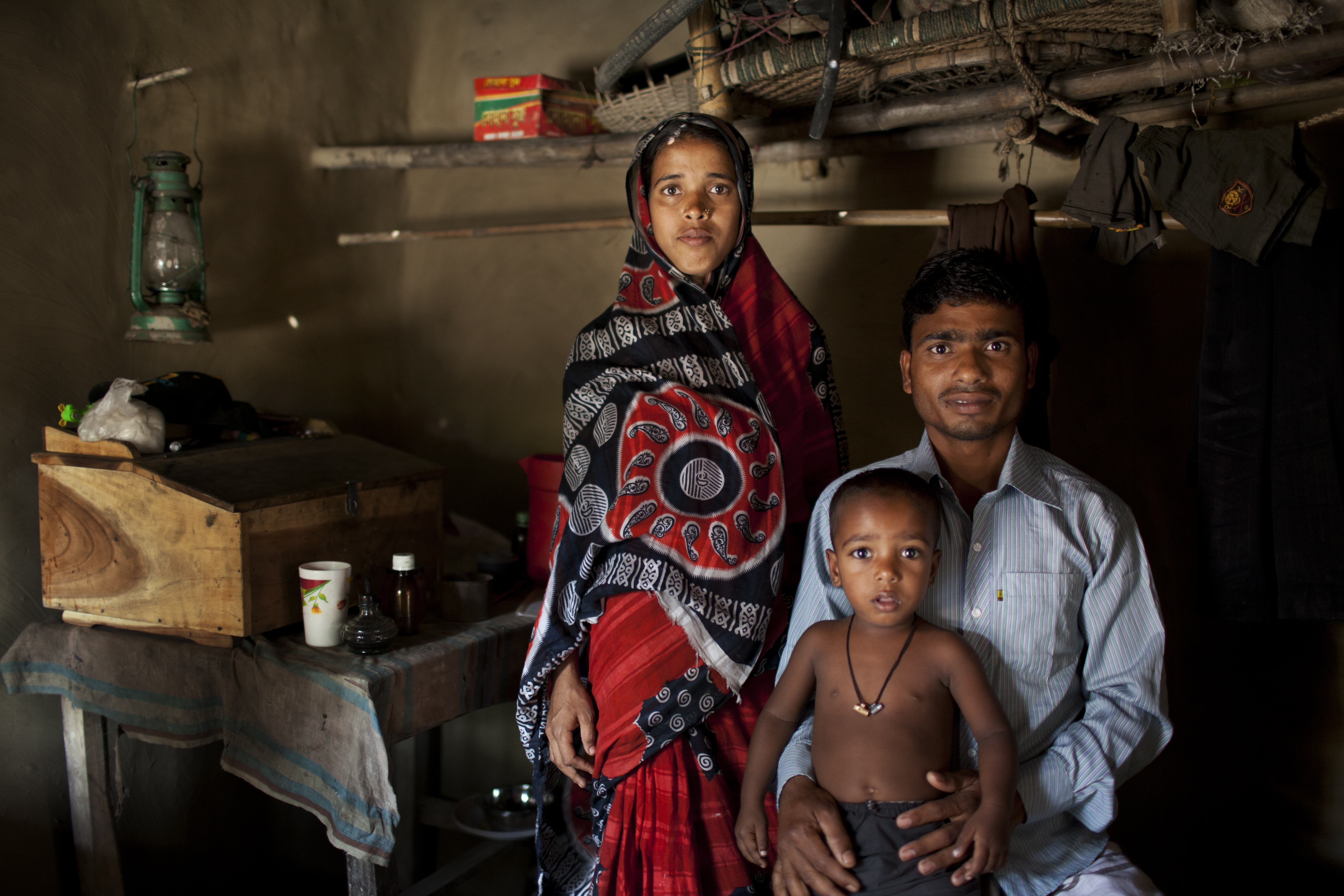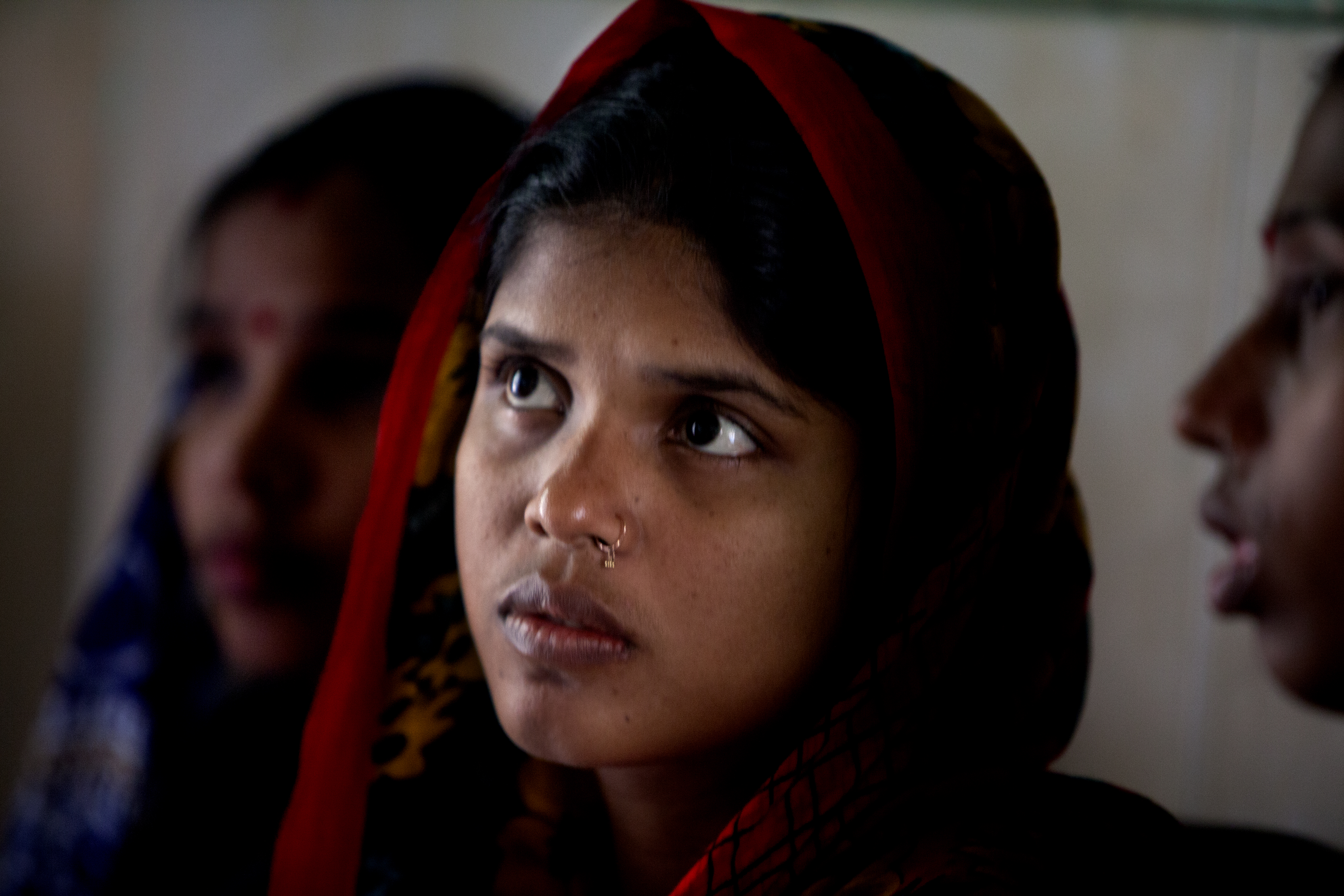From 1969, the time when the United Nations Population Fund began operations, to 2019, the world has come a long way in terms of sexual and reproductive health and rights of people, focusing on women. Health care for women has significantly been more improved, while the risk of childbirth death has been lowered to a great extent. More women are surviving pregnancy and delivery more than before, and more are being able to exercise our rights over our own bodies, deciding how many children we will have. More than ever, women have access to maternal health care today and the life expectancy for both women and men has seen an upward shift.
So much has improved and remarkable gains have been made in sexual and reproductive health and rights. But more does not mean all.
Despite the advances made over the last 50 years, hundreds of millions of women still lag behind others in practicing sexual and reproductive health and rights. Women are being subjected to impenetrable economic, social and institutional barriers that prevent their decisions about whether, when, how often and with whom to become pregnant. Women's agency as a human being is being overlooked, curtailed and shattered in many corners of the world. The pursuit of rights and choices, therefore, is an ongoing one, with new challenges emerging continuously.

The State of World Population 2019 Report, UNFPA’s flagship publication, traces these achievements, drawbacks and challenges in ensuring rights and choices for all in both the global and regional backdrop in the context of two important milestones in the field of reproductive health and rights: 50 years since UNFPA was founded, and 25 years since our landmark International Conference on Population and Development (ICPD) in Cairo. The report has been published since 1978 and is used to give wider visibility to critical and emerging issues and trends in world population and demographics.
Themed "Unfinished business: the pursuit of rights and choices for all,” this year’s report outlines how the transformations we see around us today in exercising women’s reproductive rights have taken shape over the past 50 years.
UNFPA Bangladesh officially launched the report in Dhaka on Wednesday, April 17 at Bangabandhu International Conference Center (BICC) through a launching ceremony, which was followed by a press conference.
Dr. Asa Torkelsson, UNFPA Representative in Bangladesh, presented a brief summary of the report in the ceremony. Ms. Mia Seppo, United Nations Resident Coordinator in Bangladesh, was present as a special guest at the occasion, while State Minister for the Ministry of Health and Family Welfare Dr. Murad Hassan, MP, held the Chief Guest’s chair. Policy makers, high-level government officials, representatives from UN, Development Partners, Implementing Partners, NGOs, INGOs, Civil Society and Media were present at the launching ceremony.
Urging for the full realization of sexual and reproductive health rights for all, the speakers called for the fulfilment of the ICPD Commitments for Bangladesh in order to make the most of existing gains, overcoming obstacles, and embracing a better future, including the one envisioned in the 2030 Agenda.
Dr. Asa Torkelsson said that the 50th anniversary of UNFPA and ICPD’s 25th anniversary presents a unique opportunity for the global community to build on the ICPD framework and fully commit to realizing a visionary agenda for sexual and reproductive health and rights, and to reach those who have been left behind.
“This agenda must pay attention to population dynamics, recognize the diverse challenges faced by different countries at various stages of development, and ground policies and programmes in respect for, and fulfilment of, human rights and the dignity of the individual”
“Violence against women remains a serious issue in the world, as does child marriage, not only in Bangladesh but in various other parts of the world,” said United Nations Residents Coordinator in Bangladesh Mia Seppo.
“In Bangladesh, there is still need to monitor the implementation of existing laws penalizing all forms for Violence Against Women and Girls. Justice system is still relatively weak - where the laws are not women-friendly; the trial is lengthy; lack of sensitivity of the law enforcers, judiciary, administration as well as media.”
She added, “We need more investments to close the gap, especially if we were to accelerate progress - focusing on elimination of violence against women, the root cause of which sits at the fundamental inequality between the gender dynamics and this holds back the country's growth too”.
She urged that national and legal system commits to putting people first by upholding their sexual and reproductive rights and protecting them from child marriage, gender-based violence, and other harmful practices.
State Minister for Health and Family Welfare Dr. Murad Hassan MP said that Bangladesh is committed to contributing to the realization of agendas set by the International Conference on Population and Development, which was held in Cairo in 1994.
“We are optimistic that with our continued efforts and multi-sectoral collaboration, we’ll soon be able to overcome the remaining challenges and build an equal Bangladesh for everyone regardless of their gender identity,” he hoped, adding that the country has already proved itself as a great champion of women’s empowerment.
“We are well ahead of most of our neighboring countries in promoting women empowerment. However, challenges still remain in achieving gender equality, namely, eradication of violence against women, prevention of child marriage and addressing gender digital divide,” he said.
Dr. Asa Torkelsson, the UNFPA Representative in Bangladesh, said that the 50th anniversary of UNFPA and ICPD’s 25th anniversary presents a unique opportunity for the global community to build on the ICPD framework and fully commit to realizing a visionary agenda for sexual and reproductive health and rights, and to reach those who have been left behind.

“This agenda must pay attention to population dynamics, recognize the diverse challenges faced by different countries at various stages of development, and ground policies and programmes in respect for, and fulfillment of, human rights and the dignity of the individual,” she added.
Among other guests, Dr. Barkat-e- Khuda, Dr. Muzaffer Ahmed Chair Professor, Bangladesh Institute of Bank Management elaborated on the prospects and challenges toward the achievement of ICPD for Bangladesh. Soheli Parvin, a school head teacher from Barguna, shared her experience and reflection on providing life skills at school.
Unfinished business: the way forward for Bangladesh
“These are commendable advancements and result of firm and solid commitment from the Government and its partners and a remarkably committed health community, driven by a passion to realise the needed changes,” Dr. Torkelsson said, “However, more needs to be done. The report helps us to bring into view the areas lagging behind and will help us focus action to deliver on our collective commitment.”
“In Bangladesh, in spite of the substantive advances and human capital investments, gaps in basic social services still need to be closed for Bangladesh’s development to be fully realised; covering need to improve in areas of employment-to-population ratio, drop-out rate at the primary and secondary levels, literacy rate of 15-24 year-olds,” she said.
“Sustained investments in these areas will be necessary to fully reap the demographic dividend, or so-called, current golden opportunity for Bangladesh. This will also help to accelerate Bangladesh’s graduation from LDC status and to meet the SDG targets.”
She called upon all stakeholders to continue collective effort to eliminate gender-based violence, including the high rate of child marriage, maternal mortality, and unmet family planning needs, which lie at the heart of UNFPA’s work around the world.

